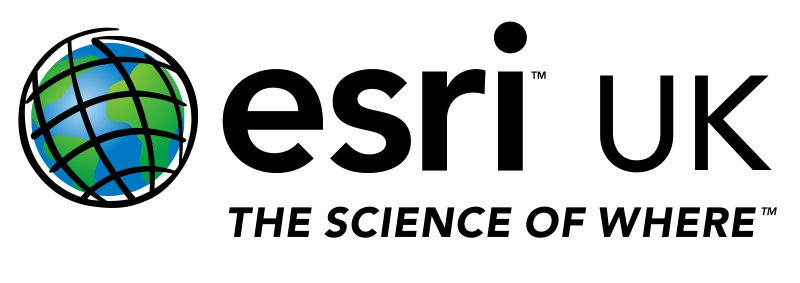GIS Empowers Community Engagement
/One of the most contested categories in this year’s Customer Success Awards was Community Engagement; unsurprisingly so when you consider how Geography can serve as a starting point for building a community engagement strategy. And GIS can provide the tools to accomplish it. Maps and spatial analytics form a universal translator that allows individuals living and working in communities to build strong, long-lasting relationships with other people simply by sharing geographic information. And this, arguably, is the ArcGIS platform at its finest; helping people work collaboratively in order to share, analyse and understand information, whether physical or virtual.
The first of this year’s shortlisted customers was Leeds City Council. Its Site Allocation Plan sets out how the council will provide future homes, jobs and other developments that the District requires while aiming to protect areas of natural or historical significance. Public consultation on the emerging plan is a statutory requirement and ArcGIS Online provided Leeds City Council a new and novel way to engage with the population in the development of the new plan that will shape the local area for years to come. During a six week consultation period the interactive ArcGIS Online map received 25,000 views and nearly 4,000 submissions were made via the online commenting system – making it the most popular consultation method used by Leeds City Council for its Site Allocation Plan, to date.
Our second shortlisted submission was from Glasgow City Council, who created a number of web apps using ArcGIS Online to help answer questions around ‘what happens where’. Over 150 spatial datasets have been published including information such as school catchment areas, listed buildings, recycling sites, winter gritting and many more. The council’s own GIS staff created the apps using Esri Web AppBuilder and MyNearest without the need for any specialist scripting skills. The result? A number of new online services, part of the Council’s drive to offer quicker access to information, helping it to provide a more efficient service to staff and citizens.
The third and final entrant shortlisted in this category, and our most worthy winner – despite the impressive competition – was the University of Exeter. The University of Exeter runs a free online course on Climate Change which has over 7,500 learners from 161 countries. It used Esri Story Maps to help bring the course to life as students were asked to share their experiences of being impacted by climate change and how their countries are coping with the effect. This virtual community has driven a highly personal level of content, showing the global nature of the challenge while creating a self-perpetuating tool that continues to engage as it grows.
Congratulations again to all entrants and to the University of Exeter for its commendable win. Please keep an eye out for the next in our series of blogs on our shortlisted customers, all demonstrating exceptional GIS innovation.





